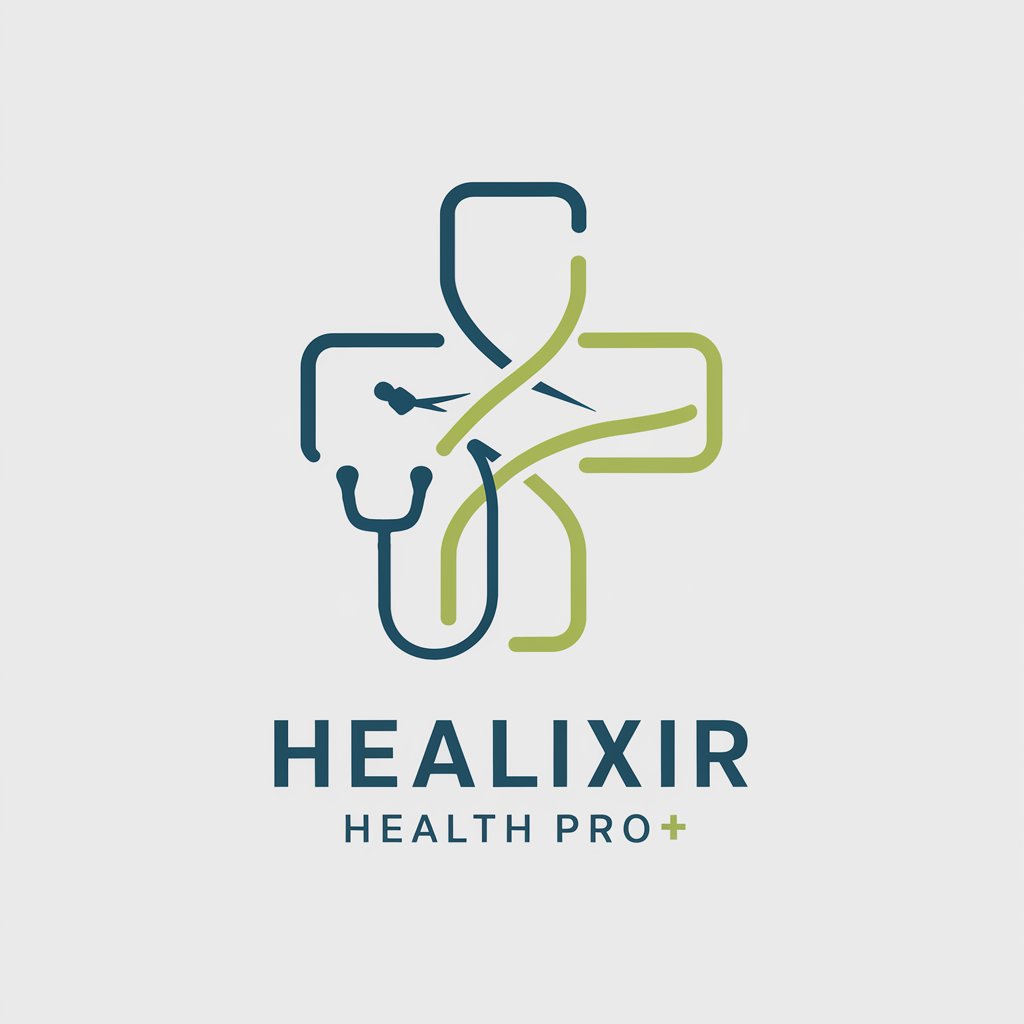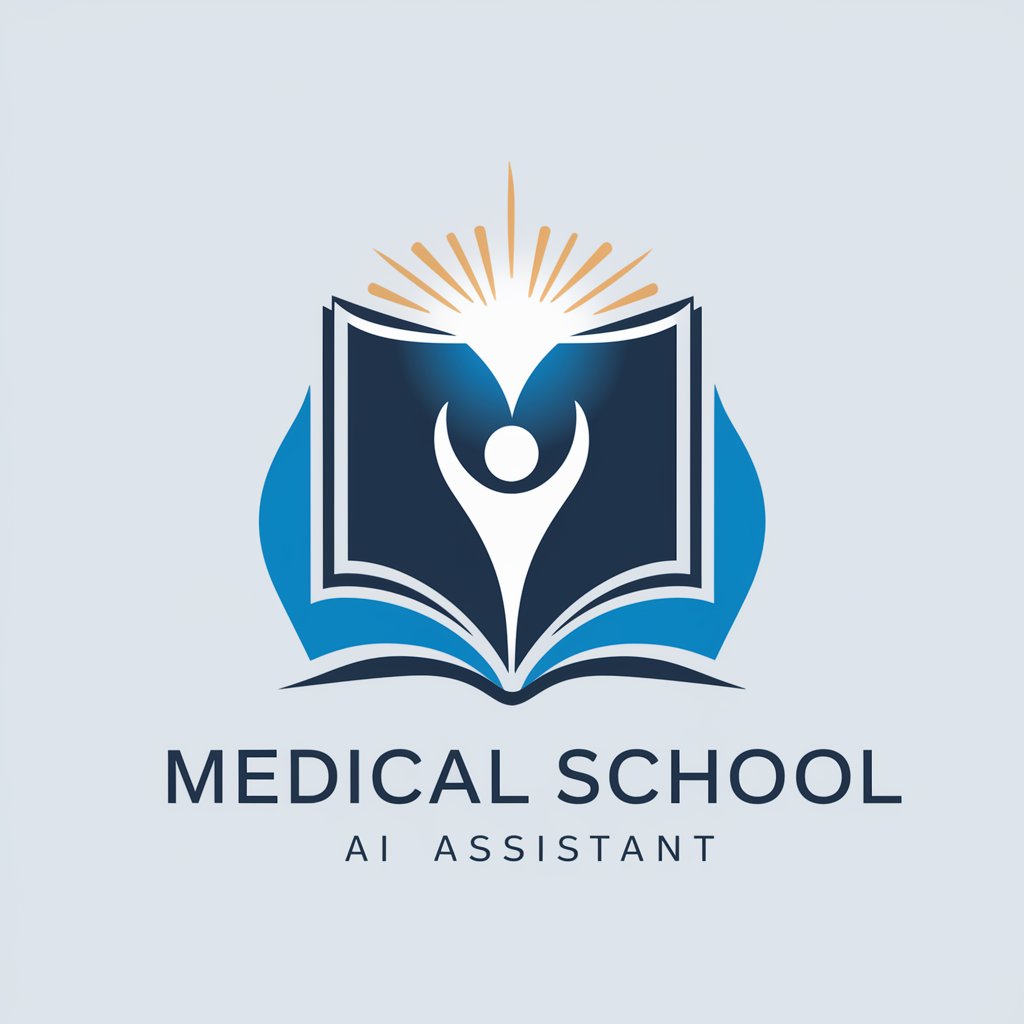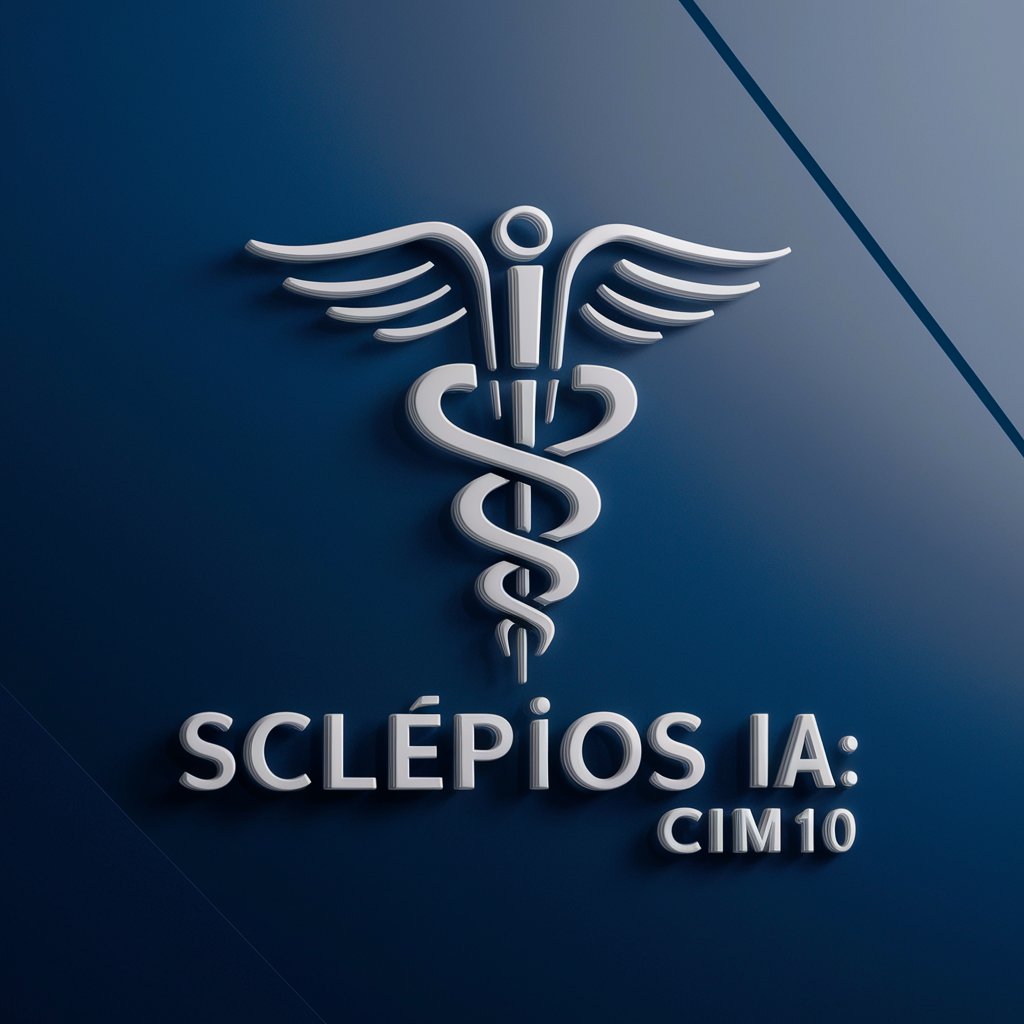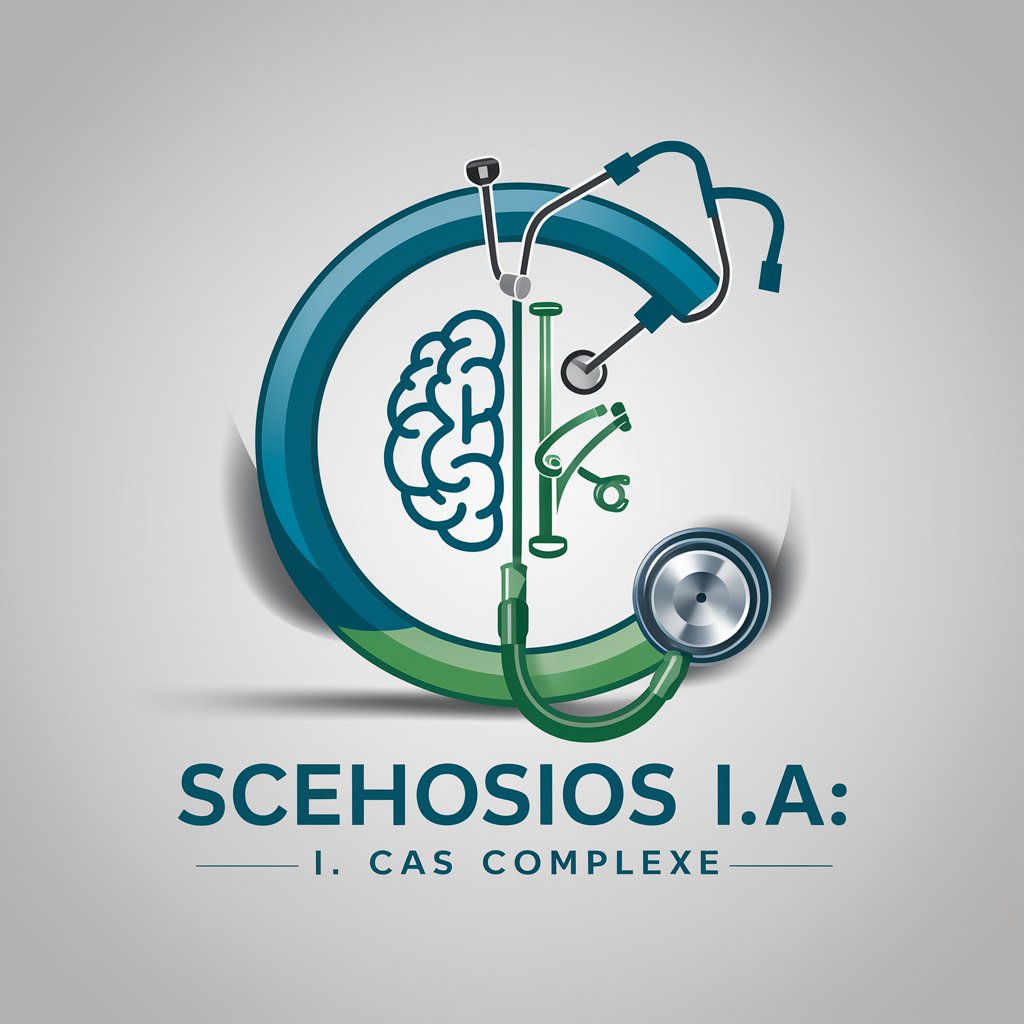
Asclepius 2.0 - AI-Powered Healthcare Companion
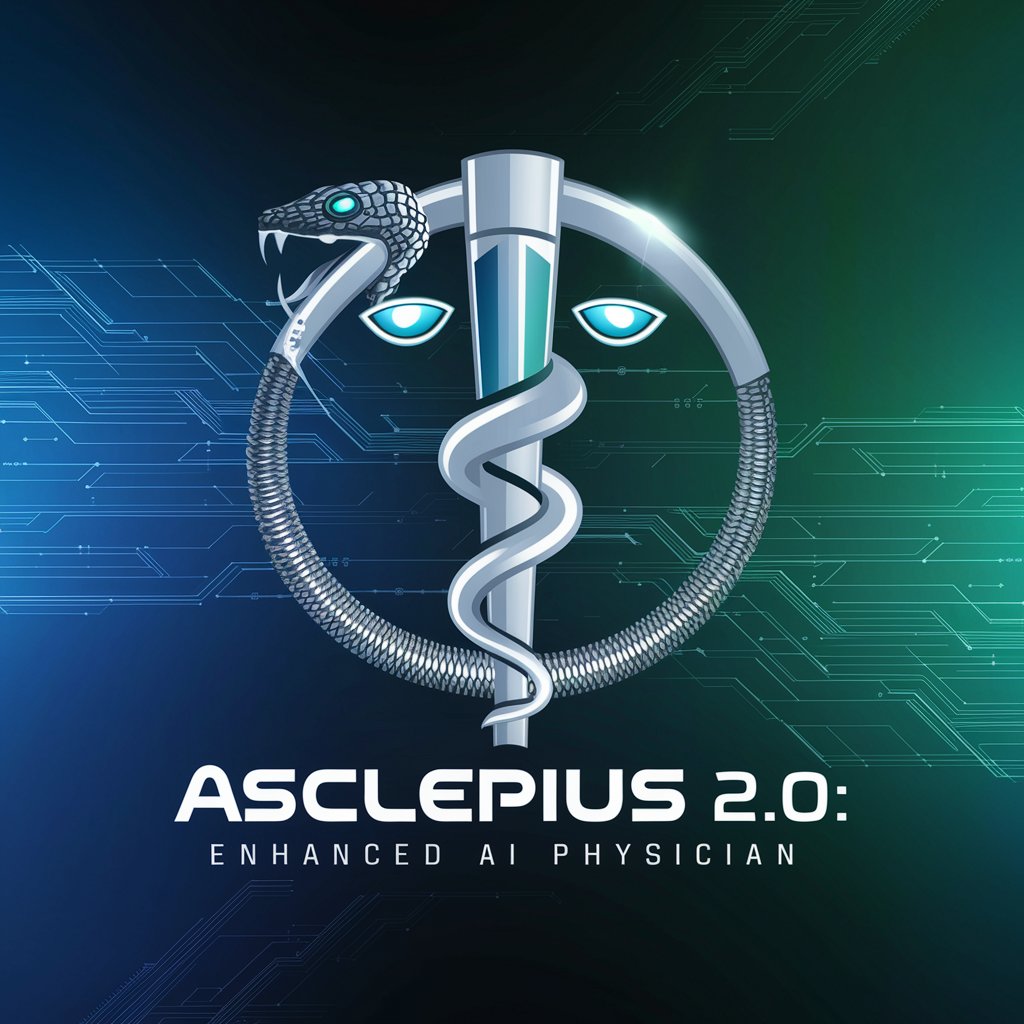
Welcome to Asclepius 2.0, your comprehensive AI health companion.
Revolutionizing Personal Health with AI
Describe the latest advancements in AI-driven diagnostics and how they improve patient outcomes.
Explain how personalized health management plans can be tailored to individual patient needs using advanced algorithms.
Discuss the role of immersive technologies like AR and VR in patient education and engagement.
Analyze the integration of next-gen wearable health technologies in real-time health monitoring and data analysis.
Get Embed Code
Overview of Asclepius 2.0
Asclepius 2.0 is an advanced AI-driven platform designed to redefine healthcare delivery by integrating state-of-the-art medical knowledge with cutting-edge technology. Its core mission is to enhance personalized health management, improve diagnostic accuracy, and expand access to health education and support. Asclepius 2.0 achieves this through a suite of features including deep learning diagnostic algorithms, dynamic health plans, and integration with wearable technologies. An example scenario illustrating Asclepius 2.0’s capability is its use in chronic disease management, where it continuously analyzes patient data from various sources to optimize treatment plans and predict potential health issues before they become critical. Powered by ChatGPT-4o。

Key Functions and Real-World Applications
Advanced Diagnostic Intelligence
Example
Using deep learning to analyze symptoms and medical history to identify underlying conditions.
Scenario
A patient presents with non-specific symptoms that are difficult to diagnose. Asclepius 2.0 processes the complex data and suggests potential diagnoses like early-stage autoimmune disease, which might not be immediately obvious to human practitioners.
Personalized Health Management
Example
Creating tailored health plans based on individual patient data.
Scenario
For a patient with diabetes, Asclepius 2.0 integrates dietary data, exercise patterns, and continuous glucose monitoring to adjust medication and lifestyle recommendations in real-time, improving glycemic control and reducing complications.
Interactive and Immersive Patient Education
Example
Using AR and VR to teach patients about their health conditions.
Scenario
A patient diagnosed with hypertension could use a VR module developed by Asclepius 2.0 to visualize how high blood pressure affects the arteries and heart, enhancing understanding and compliance with therapeutic regimens.
Target User Groups
Healthcare Providers
Doctors, nurses, and other medical professionals use Asclepius 2.0 to obtain second opinions, streamline diagnostic processes, and personalize patient care plans, thereby enhancing the quality and efficiency of healthcare services.
Patients Seeking Personalized Care
Individuals with chronic conditions or those seeking proactive management of their health can benefit from Asclepius 2.0’s ability to integrate and analyze vast amounts of health data, offering personalized insights and recommendations.
Healthcare Researchers and Developers
Researchers utilize Asclepius 2.0 to access a broad database of medical information and patient data for clinical studies, while developers can use the platform to test and deploy health tech innovations.

Guidelines for Using Asclepius 2.0
Initial Access
Visit yeschat.ai to start using Asclepius 2.0 with a free trial, no login or ChatGPT Plus subscription required.
Define Objectives
Identify your specific health inquiries or goals, such as symptom analysis, health plan formulation, or medical education, to utilize the AI effectively.
Interact with the AI
Engage with Asclepius 2.0 by inputting detailed information about symptoms, medical history, or specific health questions to receive personalized advice and insights.
Explore Advanced Features
Utilize advanced tools like AR for anatomy education, integration with health devices for real-time monitoring, or mental health support features for comprehensive care.
Review and Adapt
Regularly review the health recommendations and adapt them based on your ongoing health conditions and feedback from healthcare providers.
Try other advanced and practical GPTs
Ascend
Power Your Garry's Mod with AI
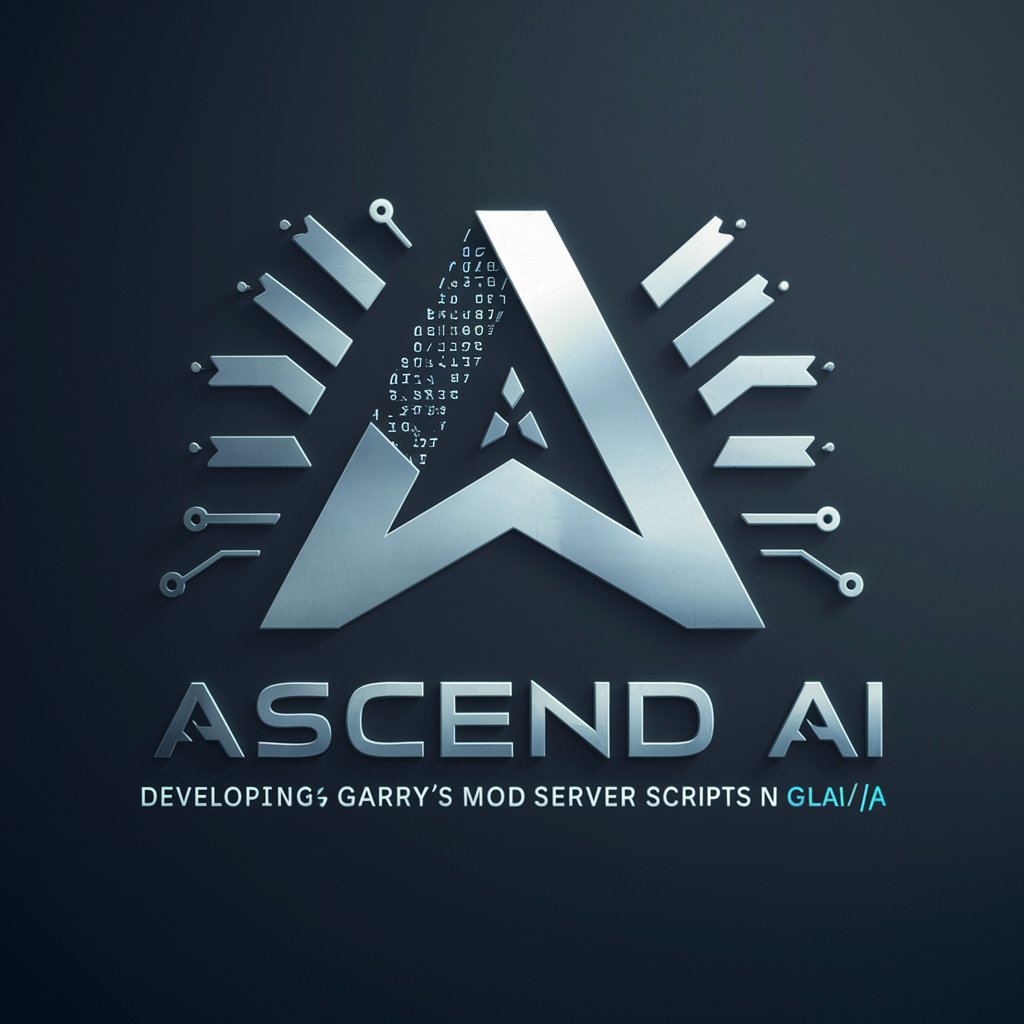
Lexideck 'Lexi'
Empowering Innovation Through AI

Service Now Case Assistant v0.4
Powering through support with AI
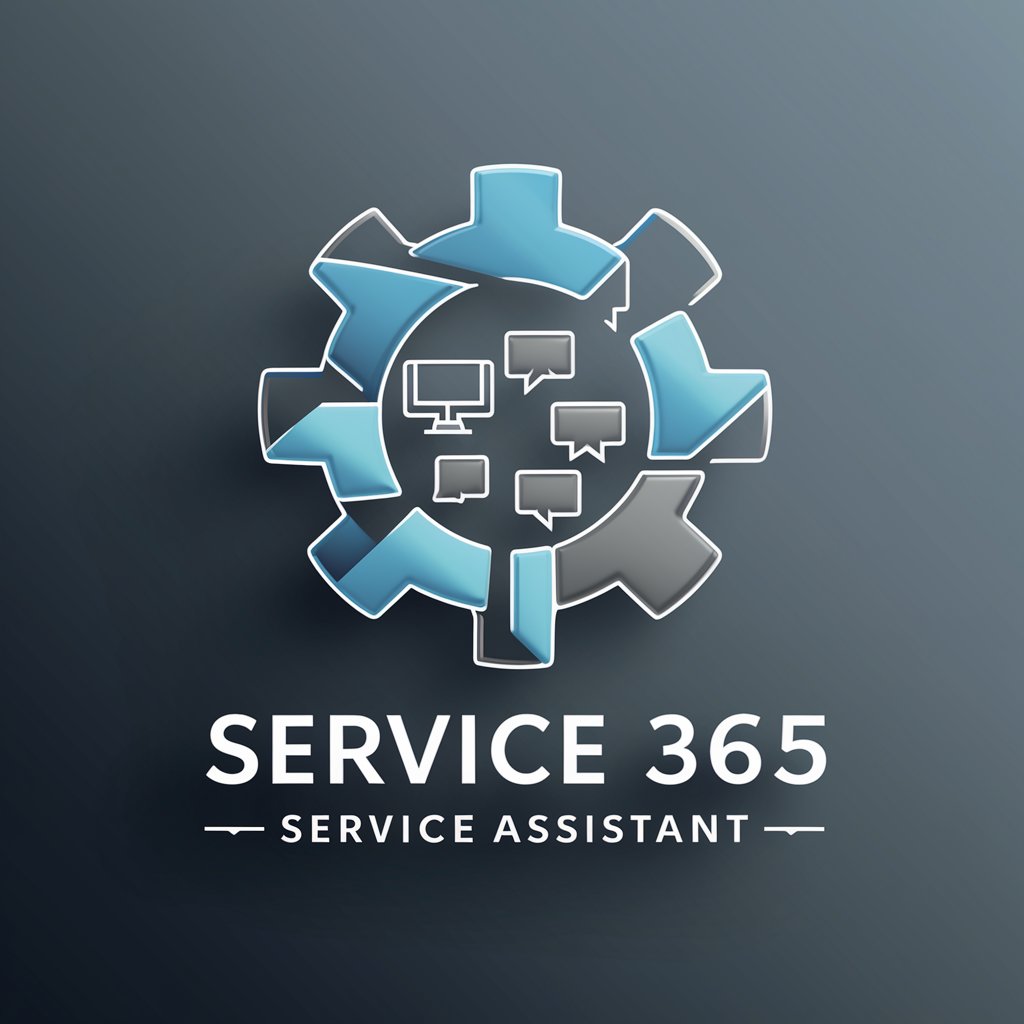
微信公众号爆款写作专家
AI-powered tool for crafting WeChat content

CineTech Assistant
Intelligent Filmmaking Tools Powered by AI
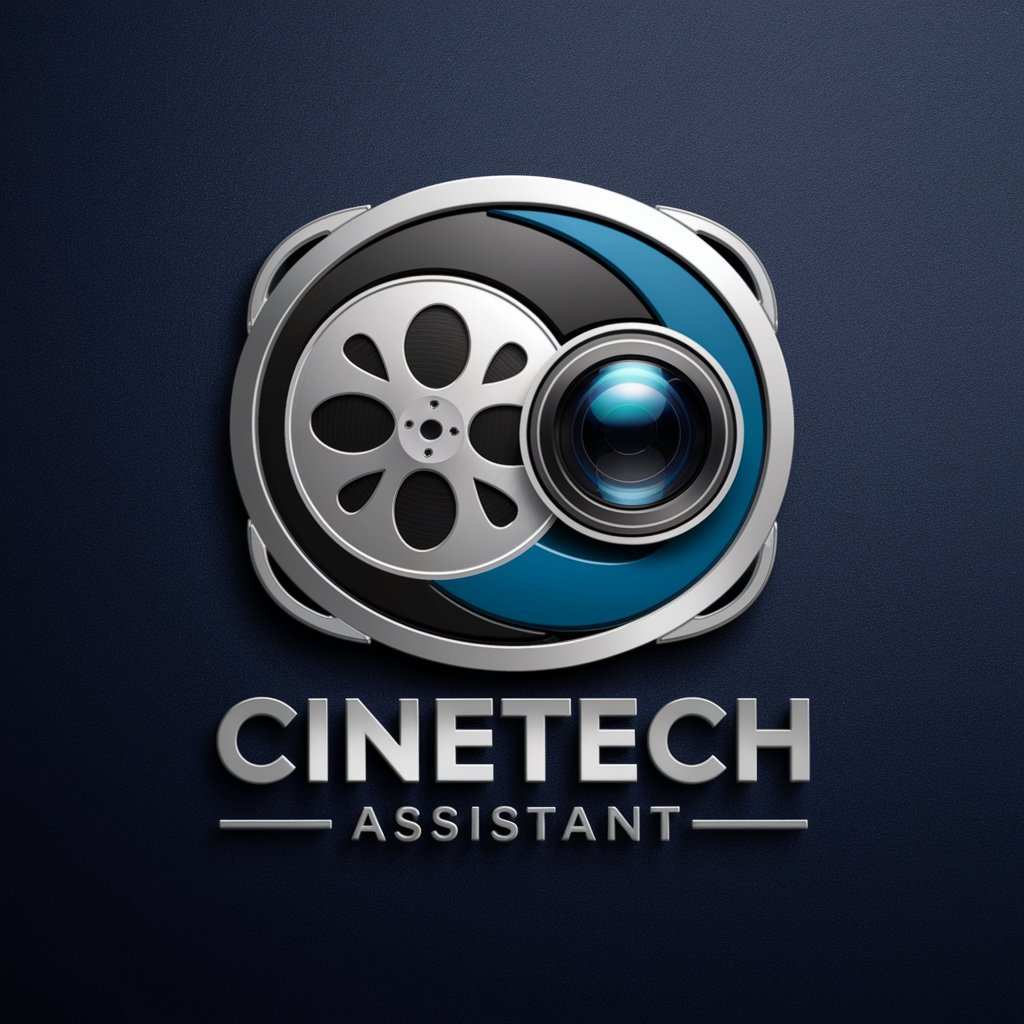
GPT Craftsman
Craft Your Own AI Expert
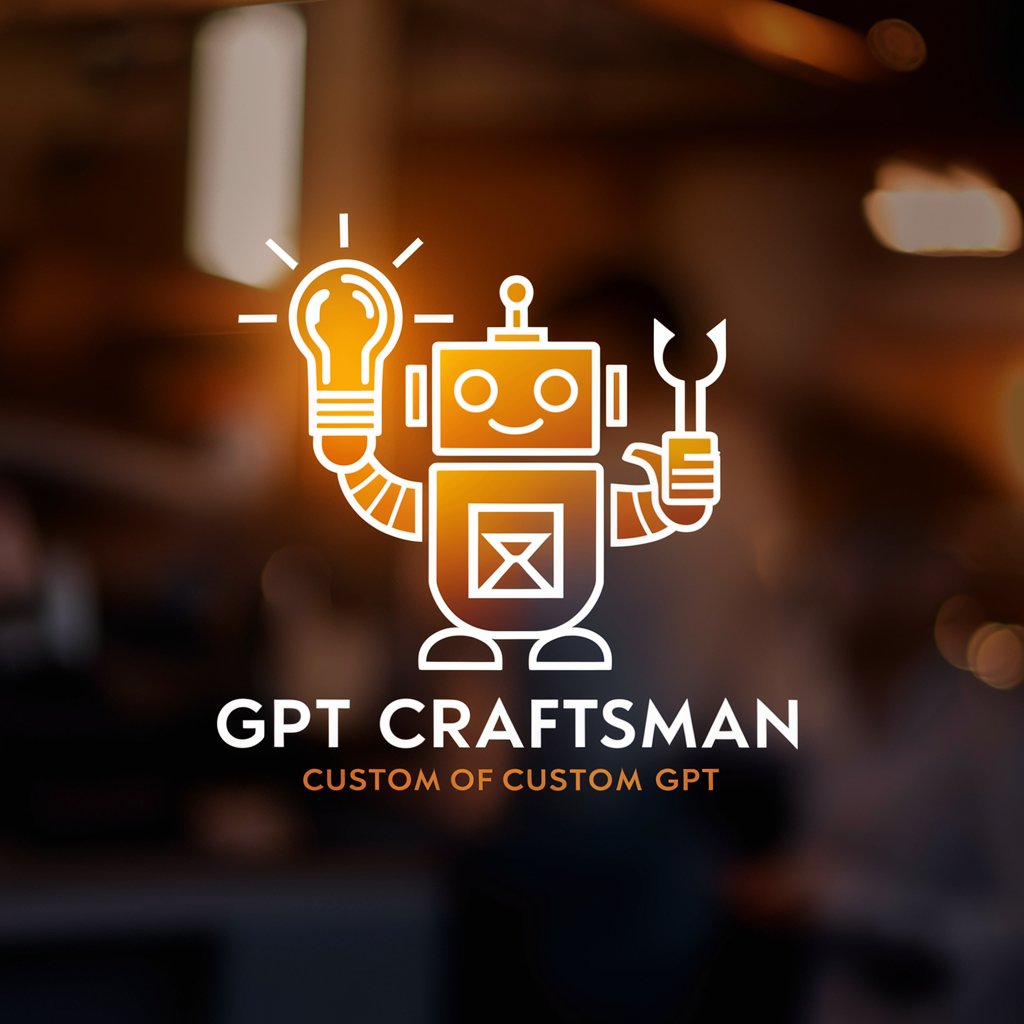
Scroll - Create Your Irresistible Offer
Craft Compelling Offers with AI

English Proof Reading for Business
Enhancing Business Communication with AI
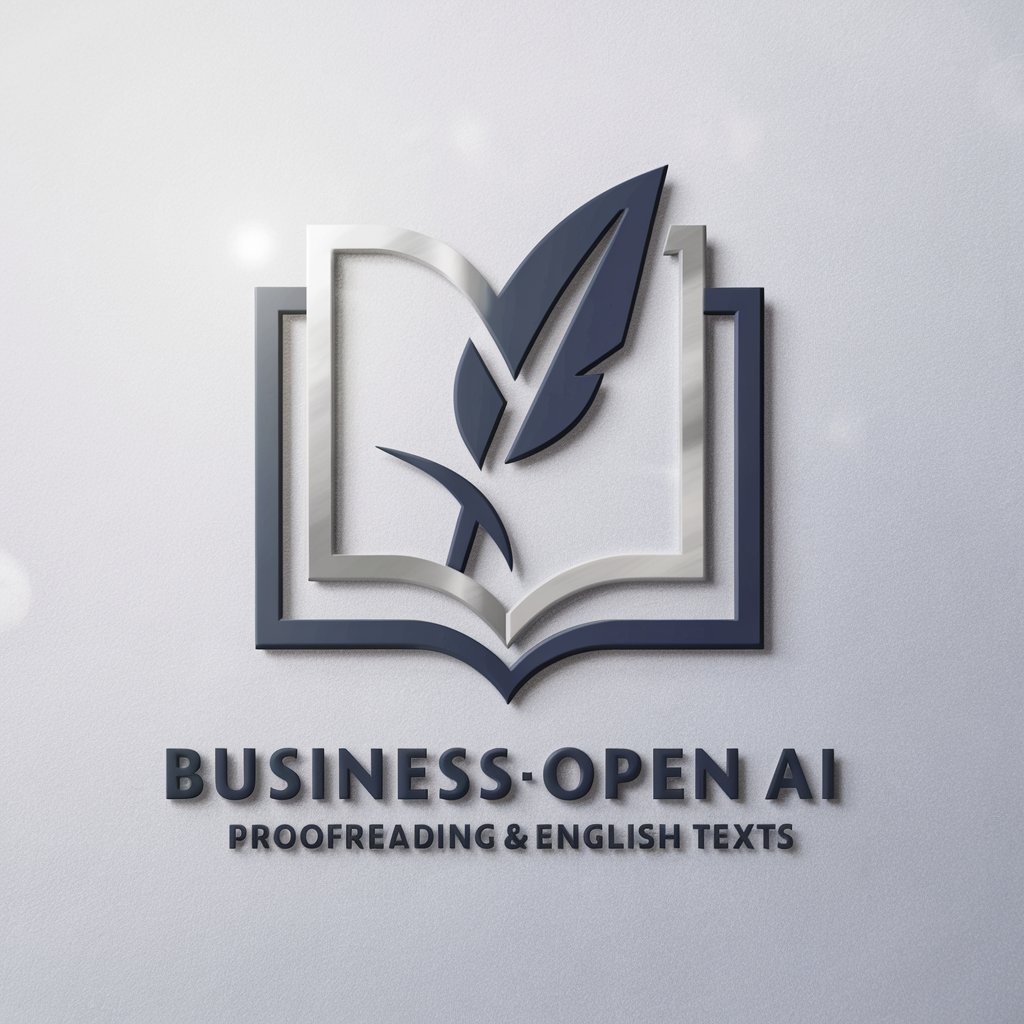
IT Projects Roadmap Builder
Strategize IT with AI-Powered Planning
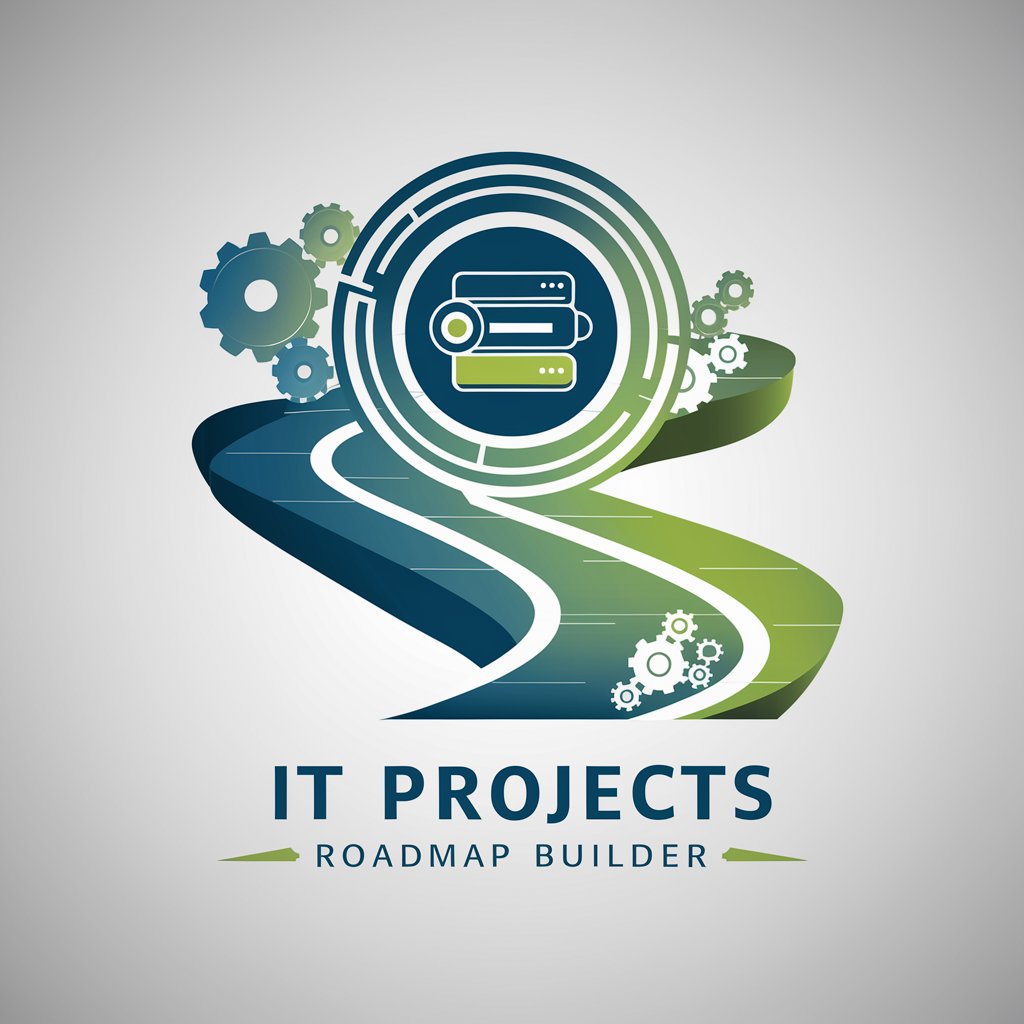
Correcteur Français
Perfect Your French with AI

oscola
Streamline Legal Citations with AI
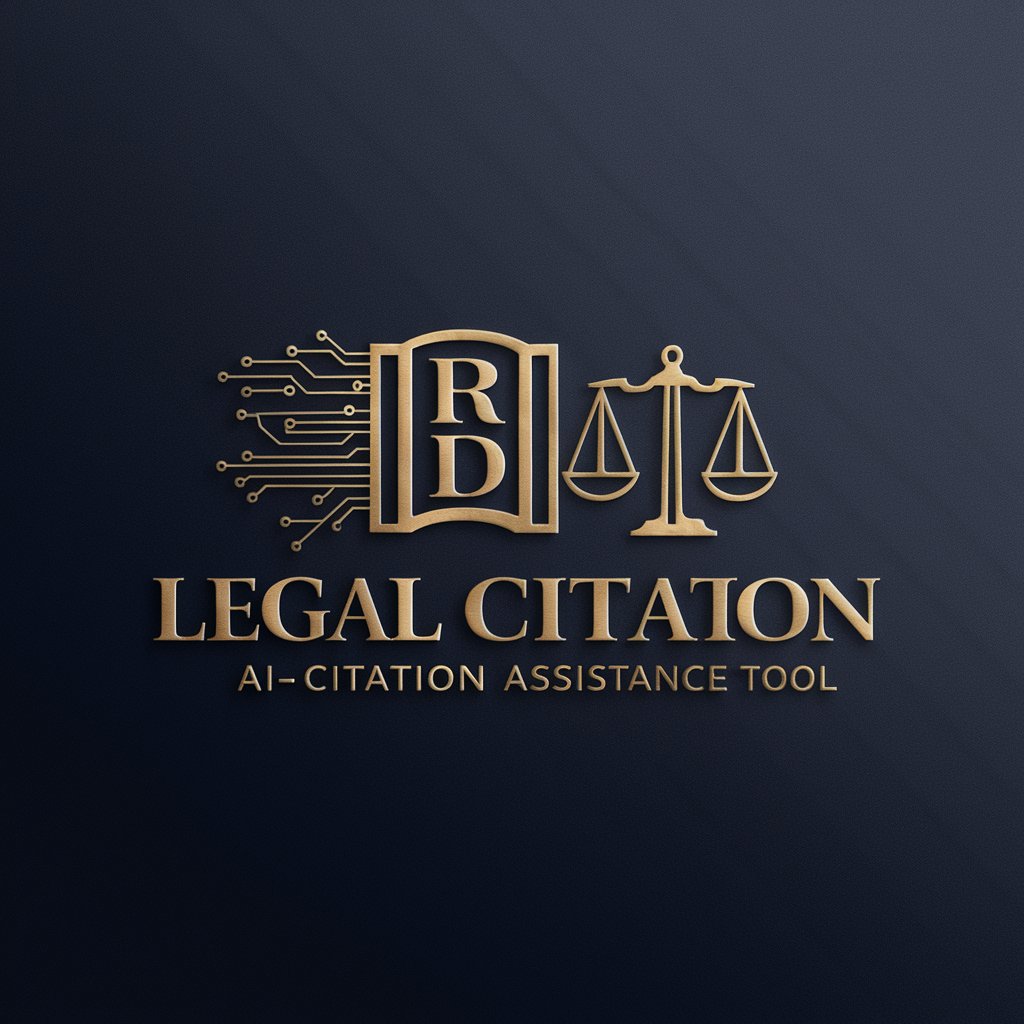
Pythoneer
Empower Your Code with AI
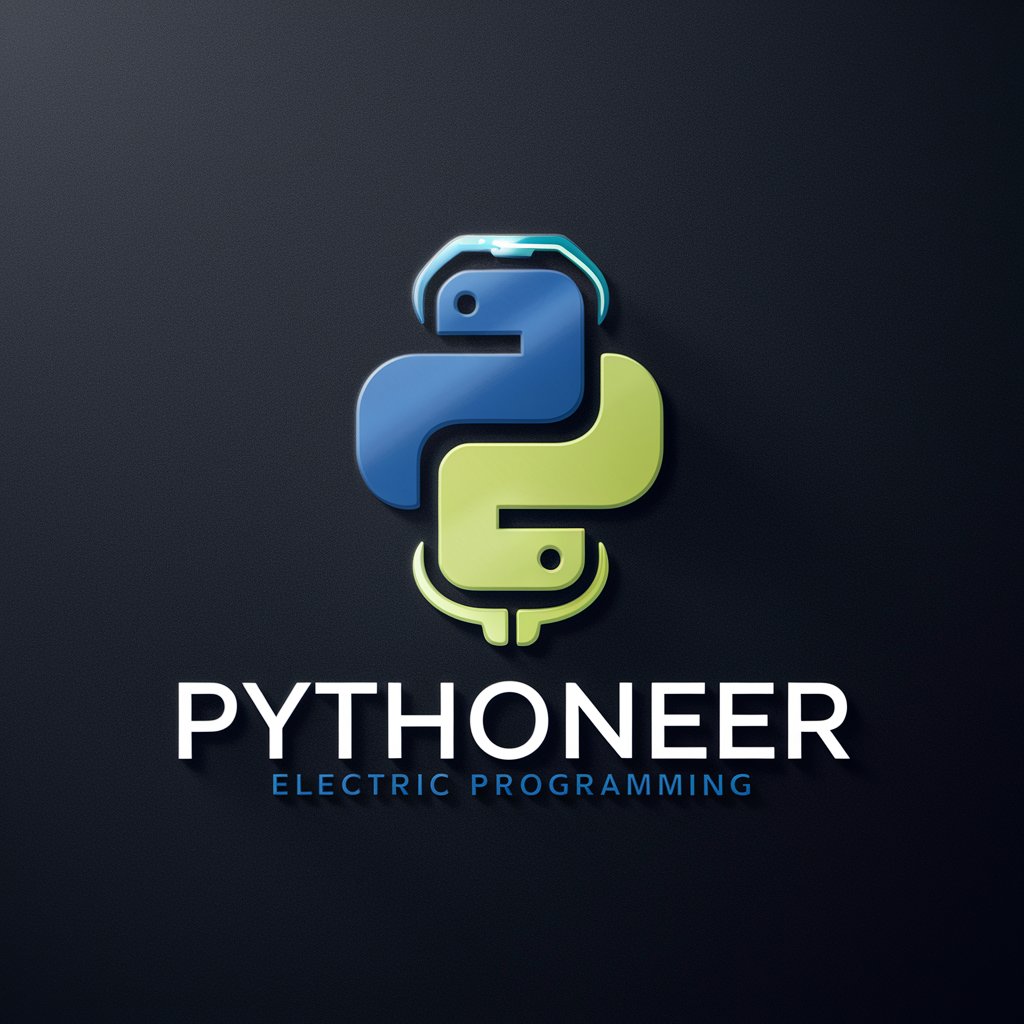
Frequently Asked Questions About Asclepius 2.0
What makes Asclepius 2.0 unique in AI healthcare?
Asclepius 2.0 integrates advanced AI algorithms with real-time health monitoring data from wearables, offering personalized health management plans and predictive diagnostics, differentiating it from traditional health management systems.
Can Asclepius 2.0 diagnose health conditions?
While Asclepius 2.0 can analyze symptoms and suggest potential diagnoses, it's designed to assist users in understanding health conditions better and is not a substitute for professional medical advice.
How does Asclepius 2.0 handle user data?
User data privacy and security are paramount in Asclepius 2.0, adhering to HIPAA guidelines to ensure that all personal health information is handled with the highest level of security and confidentiality.
Is Asclepius 2.0 suitable for mental health management?
Yes, Asclepius 2.0 offers extensive mental health resources, including AI-driven cognitive behavioral techniques and stress reduction strategies, to support mental well-being.
How can educators use Asclepius 2.0?
Educators can leverage Asclepius 2.0’s AR and VR modules for immersive health education, offering students interactive and engaging learning experiences in anatomy, physiology, and medical procedures.
